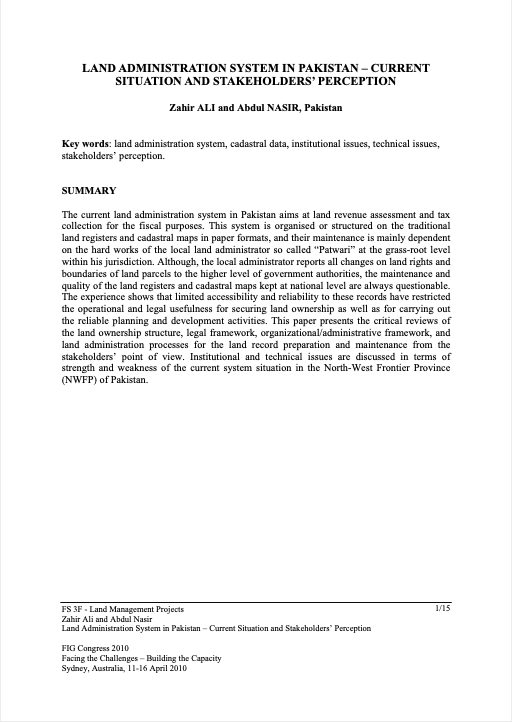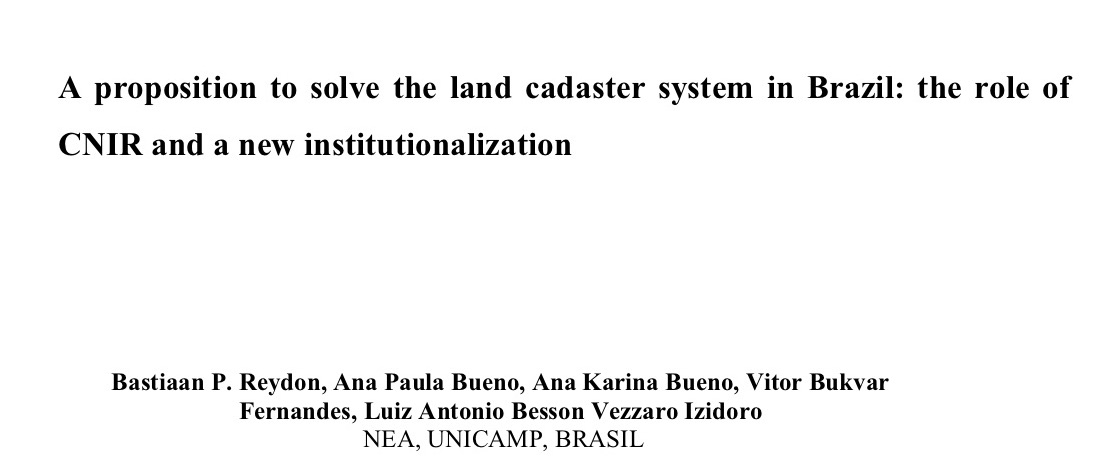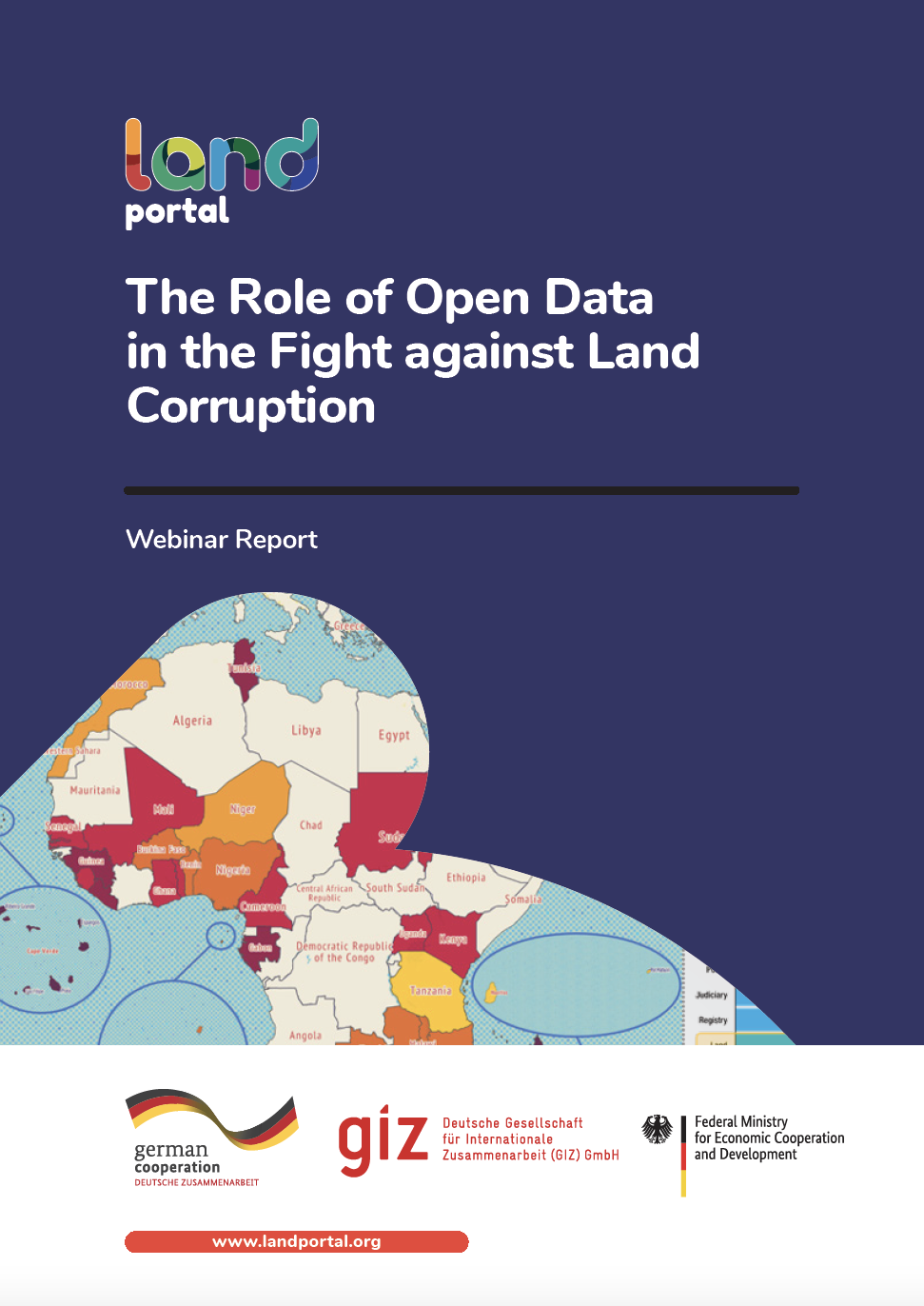Преобразование земельных отношений в Республике Молдова (1989-2019 гг.).
Преобразование земельных отношений в 1989-2019 гг. в Республике Молдова не было случайным явлением. Настоятельная необходимость в социально-
экономических реформах явилась объективной необходимостью, вызванной
самим ходом истории развития общественных и экономических отношений.
Особенно остро отставание ощущалось в области сельского хозяйства, где
большинство стран всё с большим трудом обеспечивало своё население про-
довольствием, а промышленность сырьём на уровне современных требований.







